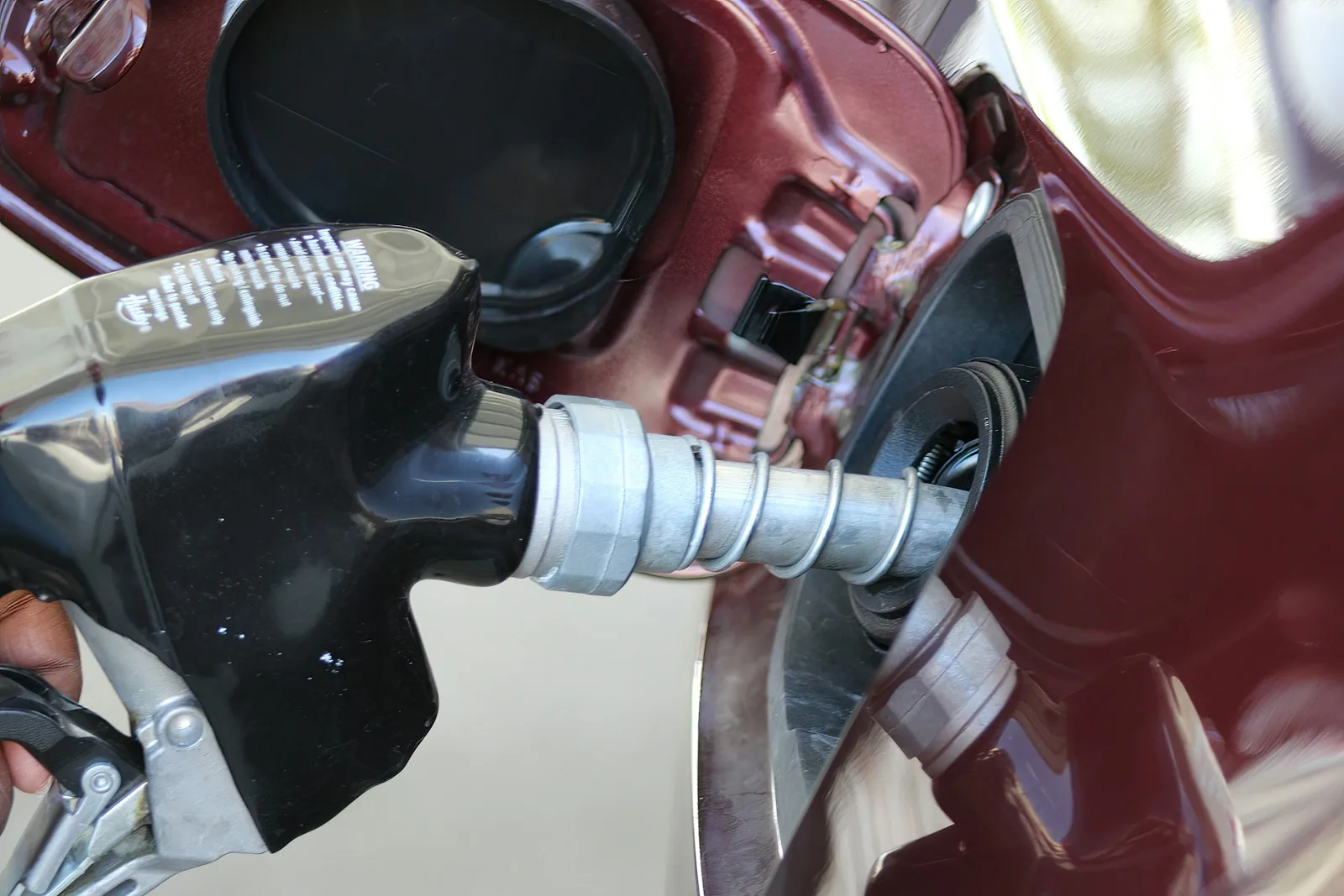
Table of Contents
When it comes to fueling our vehicles, the choice of gasoline brand plays a decisive role in determining the longevity and performance of our engines. As we navigate the myriad options available, it’s important to understand why some gas is superior to others and be aware of the disadvantages associated with certain brands. This comprehensive guide explores the intricacies of gasoline selection, explores the benefits of top tier certified brands for optimal engine health, and exposes the dangers posed by uncertified and unreliable alternatives.
Whether you’re looking for a cost-effective solution or prioritize the long-term well-being of your vehicle, these insights will empower you to make an informed decision at the pump.
Biggest and Baddest Gas Brands: 8 Bad Decision Can Ruin Your Vehicle
Optimal Engine Performance with Top Tier Brands

Octane ratings alone are not enough to achieve optimum engine performance with top tier brands. Some companies, such as Texaco or Shell, go above and beyond by adhering to strict additive specifications. It protects against carbon deposits, fuel injector problems and other performance-related problems that can be caused by bad gasoline in addition to ensuring the engine runs smoothly.
Detergent Additives for Engine Cleanliness

What sets top tier products apart is the use of detergent chemicals that actively promote engine cleanliness. These additives are essential to prevent clogging, fuel injector problems and engine banging. The end product is a long lasting, smooth running engine that is clean.
Reduced Risk with Recognizable Brands

There is less risk associated with gasoline quality when considering a well-known brand like Chevron. Chevron’s broad reach—it has 7,800 locations nationwide—demonstrates its dedication to providing premium fuel and first-rate customer support. Customers can make it a safe choice due to its reliability.
Cost-Effective Long-Term Approach

Cheap off-brand, uncertified gasoline may seem good at first, but in the long run, it’s usually not economical. Better gasoline is a wise investment because the savings can offset engine problems and lower fuel efficiency sooner.
Unreliability of Independent Stations

An element of unreliability is introduced by independent and unregulated gas stations, especially those without top tier accreditation. Gasoline from these stations may lack the necessary detergent additives, causing engine problems for consumers. The risk associated with these stations is exacerbated by the absence of regulations.
BP’s Lost Reliability

In late 2021, BP – once a reliable option – lost its top tier position, casting doubt on its credibility going forward. As the fourth-largest gas chain in the United States, this unexpected loss of certification raises questions about the quality and reliability of the gasoline they now sell.
Safeway’s Surprising Lack of Certification

Safeway gas meets many requirements, however it is not highly certified. Unannounced lack of certification raises questions about fuel quality and cleanliness. Fuel from Safeway may not meet the same criteria as approved brands, which can cause performance problems and deposits in the engine.
Clear Identification of Top Tier Stations

The Top Tier approval mark on gas stations or pumps is a clear sign of their dedication to quality. With this clear recognition, consumers are better equipped to make educated decisions, which guarantees that they will choose the fuel that will meet the requirements for the best possible engine health.
READ | 9 Gasoline Brands That Are Definitely Not Helpful
READ ALSO | This Genius Trick Every Online Shopper Should Know


1 thought on “Biggest and Baddest Gas Brands: 8 Bad Decision Can Ruin Your Vehicle”